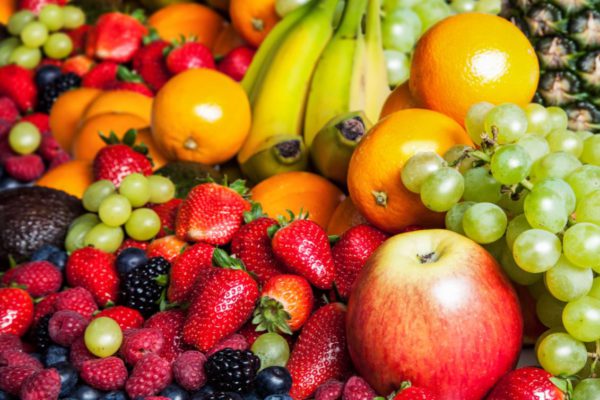Natural sugar: Friend or foe?
This month’s oral hygiene advice question: do natural sugars (like the stuff in fruit) lead to tooth decay? First, the bad news Sugar feeds oral bacteria in your mouth, which secretes an acid that breaks down tooth enamel. Left unchecked, that can lead to things like cavities and rotting in your teeth. Unfortunately, pretty much all sugar works like this. This includes glucose (grain sugar), sucrose (table sugar), lactose (milk sugar) and, worst of all, fructose (fruit sugar). So can…

